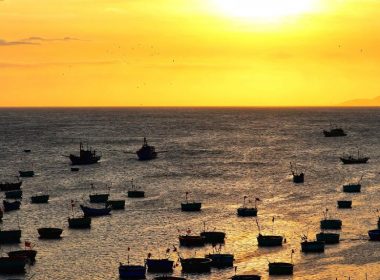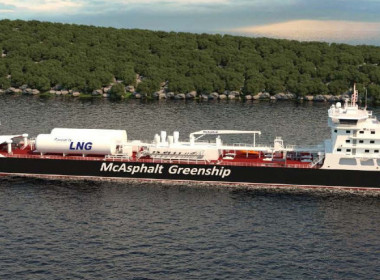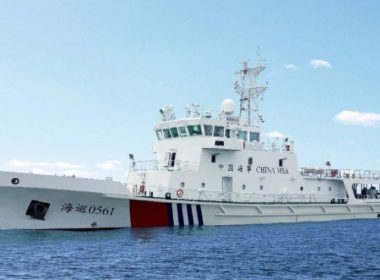Canada’s Transportation Safety Board raises safety concern following investigation into 2021 fishing vessel sinking

The Transportation Safety Board of Canada (TSB) has released its investigation report into the sinking of the fishing vessel Atlantic Destiny and issued a safety concern regarding insufficient crew knowledge on how to properly use CO2 fixed fire suppression systems.
On March 2, 2021, the trawler Atlantic Destiny sustained a catastrophic engine failure about 120 nautical miles south of Yarmouth, Nova Scotia. The shaft generators and associated machinery exploded, causing a fire and damage that led to flooding in the engine room.
The entire 31-strong crew were evacuated by search and rescue authorities, and the vessel sank the following day.
The investigation found that the automatic and manual activation of the engine safety system failed to prevent the engine speed from increasing beyond the design limits of the engine, causing a catastrophic failure and subsequent fire.
The crew used the engine room’s fixed fire suppression system, which releases a heavy blanket of CO2 that displaces air and reduces the oxygen level to a point where combustion cannot occur when the space is properly sealed. However, they re-entered the sealed space on several occasions to investigate the sound of water coming from the engine room and to access the auxiliary generator.
The TSB said these actions re-introduced oxygen into the space, reducing the effectiveness of the suppression system. As a consequence, the fire re-ignited.
Although crewmembers followed documented procedures for use of the CO2 fixed fire suppression system, they were unaware of the need to wait for the space to cool before re-entering.
The TSB said a lack of understanding of the requirements for using CO2 fixed fire suppression systems has been a factor in several other occurrences in Canada and worldwide. In Canada, the use of fixed fire suppression systems is covered in Marine Emergency Duties (MED) Advanced Firefighting training, which Transport Canada requires for certain certificates of competency.
Although Atlantic Destiny was equipped with a CO2 system, the MED Advanced Firefighting training was not required for the senior deck officers. This meant that they had never been formally trained in the use of CO2 fixed fire suppression systems.
Given several occurrences during which the effectiveness of CO2 was compromised during the fire response, the TSB is concerned that there is insufficient crew knowledge of the necessary pre- and post-release stages in the use of CO2 fixed fire suppression systems.
Safety concerns provide a marker to industry and the regulator that the TSB has identified a potentially unsafe act or condition. As more data and analysis become available, and if the potentially unsafe act or condition is found to be systemic, the safety concern may lead to a board recommendation.
More information can be read on the investigation page.







